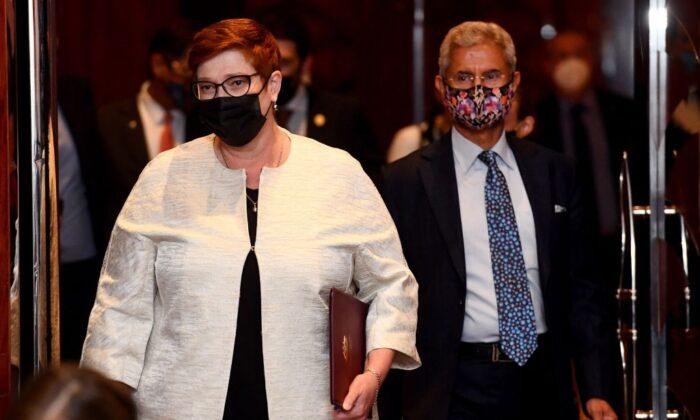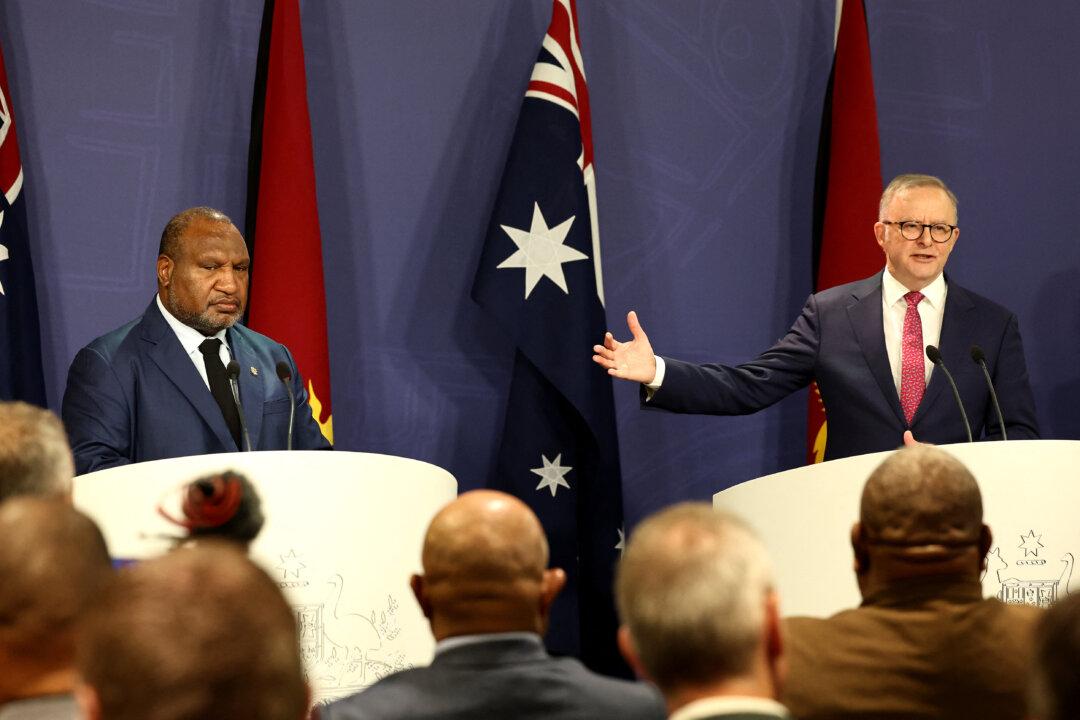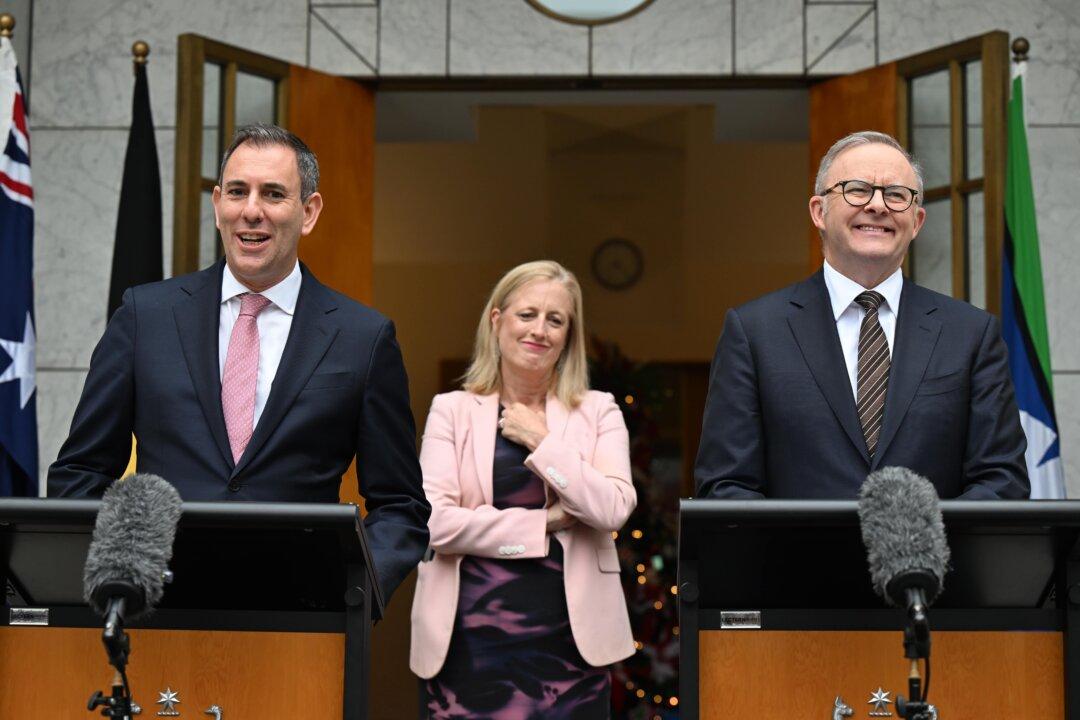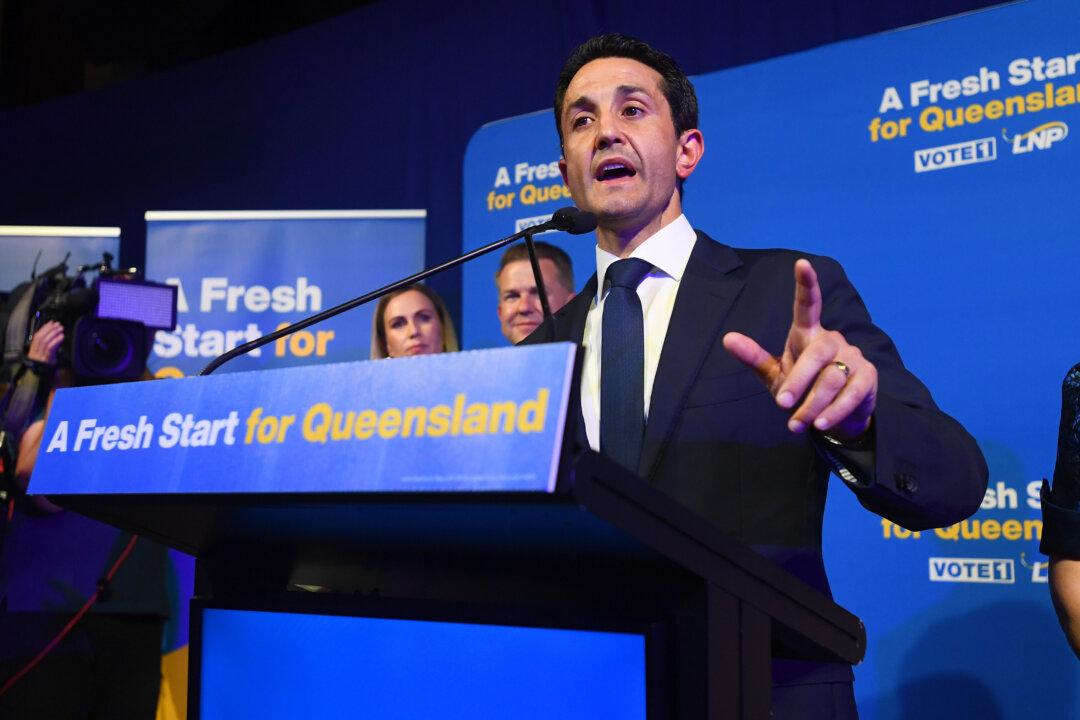Australia and India’s foreign ministers have affirmed their support for a free and open internet amid ongoing concerns that authoritarian regimes will try to mould the future of cyberspace to include more censorship and control.
Australia’s Marise Payne and India’s Subrahmanyam Jaishankar announced the creation of the new Cyber Framework Dialogue at the tail-end of the Quadrilateral Security Dialogue (QUAD) in Melbourne, Australia on the weekend, where foreign ministers from Australia, India, the United States, and Japan met to discuss a range of issues including global security, economic development, and the response to COVID-19.
Both ministers said new technology should be developed and governed with respect to democratic values and a respect for human rights.

“They condemned attempts to use cyberspace and cyber-enabled technologies to undermine international peace and stability and committed to working cooperatively to strengthen mutual cooperation in various multilateral fora, including the United Nations, in developing international standards, norms and frameworks for cyberspace and critical and emerging technologies,” the statement continued.
Such norms should be developed in collaboration with various global bodies and United Nations-backed groups, according to the ministers.
Payne and Jaishankar also agreed to work together to deal with the “significant threat” of malicious cyber activity by “state and non-state actors.”
The moves from Australia and India come as democratic nations and authoritarian regimes begin squaring off on a new geopolitical frontline—the future of the internet.
A version of the fragmented internet already exists with users in China having limited—and heavily controlled—means to communicate online with overseas-based individuals, especially given the restrictions on platforms such as Facebook and Google in mainland China.





